If you ever watched A Charlie Brown Christmas, you probably know the meaning of the holiday. But do you know about all of the terms associated with it? That’s a bit much for even everyone’s favorite balding eight-year-old to explain. Yule logs, eggnog, and frankincense? Those things just don’t seem to make any sense. However, earning about their origins should help you understand them. At the very least, they’ll give you something to talk about in the post-presents lull.
Yule
Yule comes from an Old Norse word, jól, the name of a 12-day pagan festival that led up to Christmas Day.
Poinsettia
This popular Christmas plant was named after Joel Robert Poinsett, a former United States congressman and diplomat. Poinsett brought it to America in the 1800s.
Tinsel
Tinsel gets its name from a shiny fabric woven with gold or silver-colored thread. It dates back to the 1500s.
Turkey
The turkey folks will have out on their table this Christmas got its name from English settlers confusing the American bird for African guinea fowl, which was often imported to England from Turkey.
Mistletoe
As if kissing under one of these things wasn’t awkward enough, the Old English words “mistle” and “toe” translate to “bird poop” and “twig,” respectively.
Eggnog
In the 17th century, “nog” referred to strong beer brewed in England. Eggbeer? Hm, that actually makes the current iteration of eggnog seem even more delicious.
Chestnuts
Chestnuts are actually nuts from Castanean, an ancient region of Greece.
Bauble
“Bauble” derives from “beaubelet,” an old French word for a child’s toy. This is interesting because I know I wasn’t allowed anywhere near these trinkets when I was a kid.
Carol
Caroling as we know it stems from the Latin word “chorales,” which means “flutist.”
Frankincense
The “frank” part of frankincense comes from the old French term for “high quality.” So, maybe it’s not that bad of a gift after all.
Gift
In German, the word “gift” means “poison,” which totally explains why it’s better to give than receive.
Rudolph
The most famous reindeer’s name actually translates to “famous wolf.” So be careful around ol’ Rudy, Santa.
(via Mental_Floss)
Those are something interesting origins. Now if only someone could decipher what it means when someone says, “Thanks, but you shouldn’t have” after they open up the gift I just gave them.
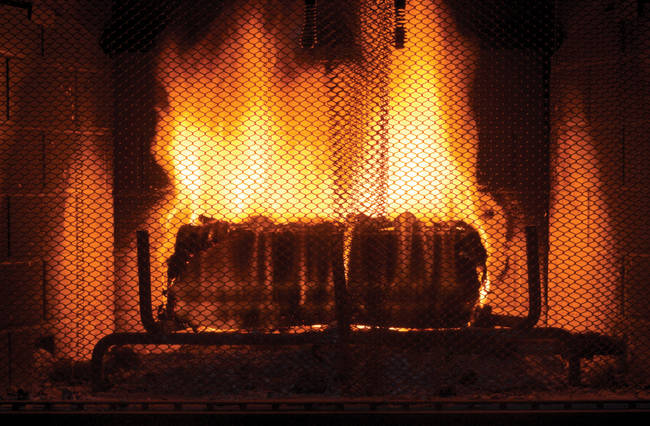 share
share
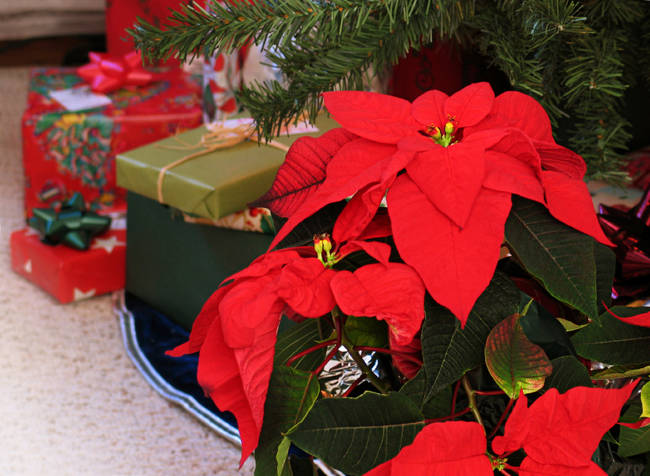 share
share
 share
share
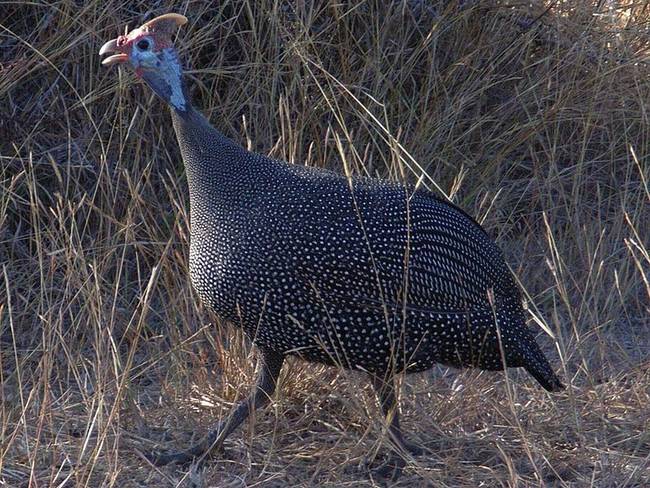 share
share
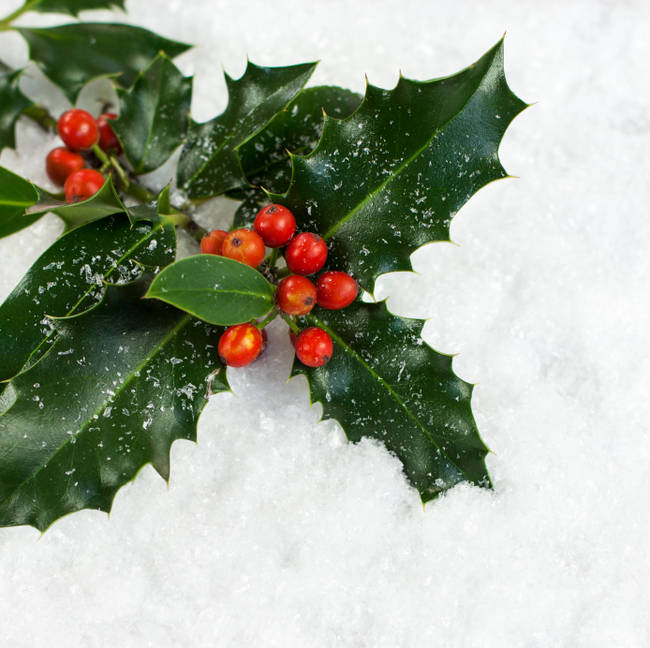 share
share
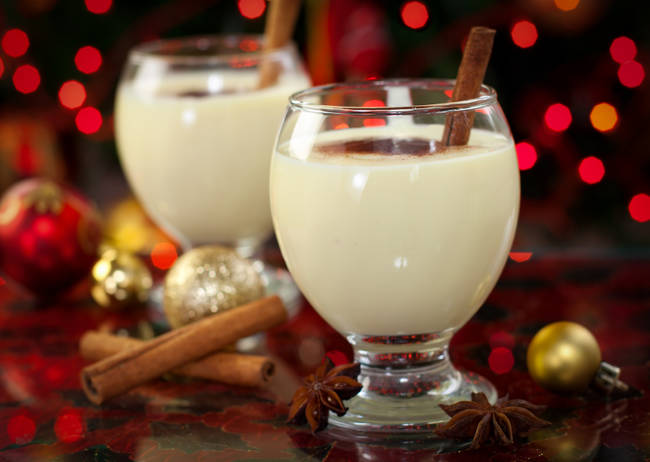 share
share
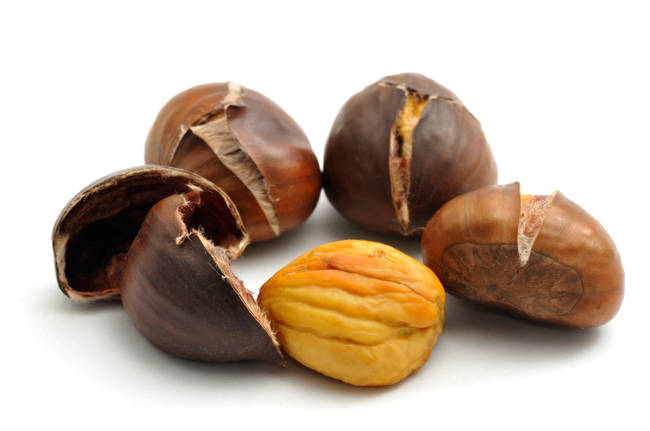 share
share
 share
share
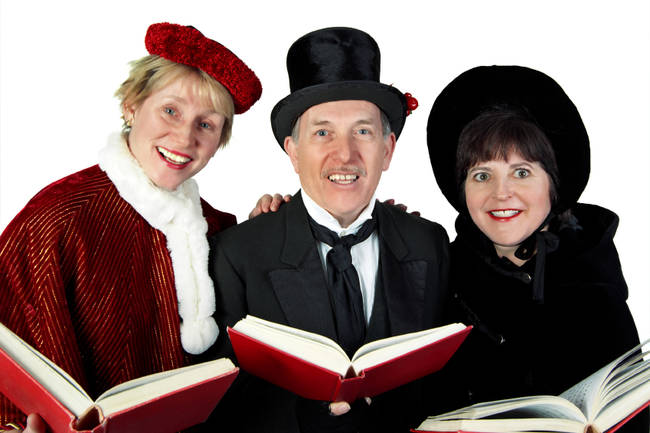 share
share
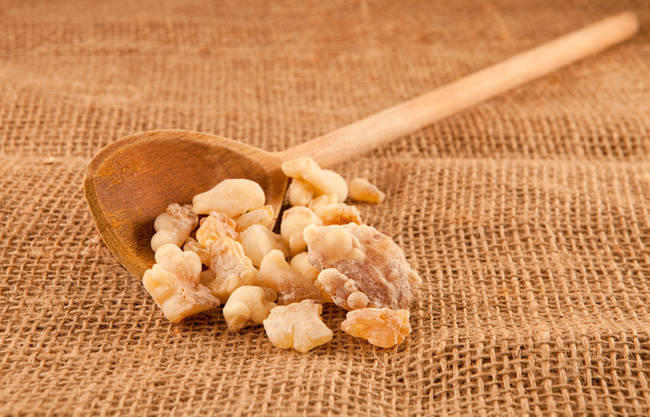 share
share
 share
share
 share
share



